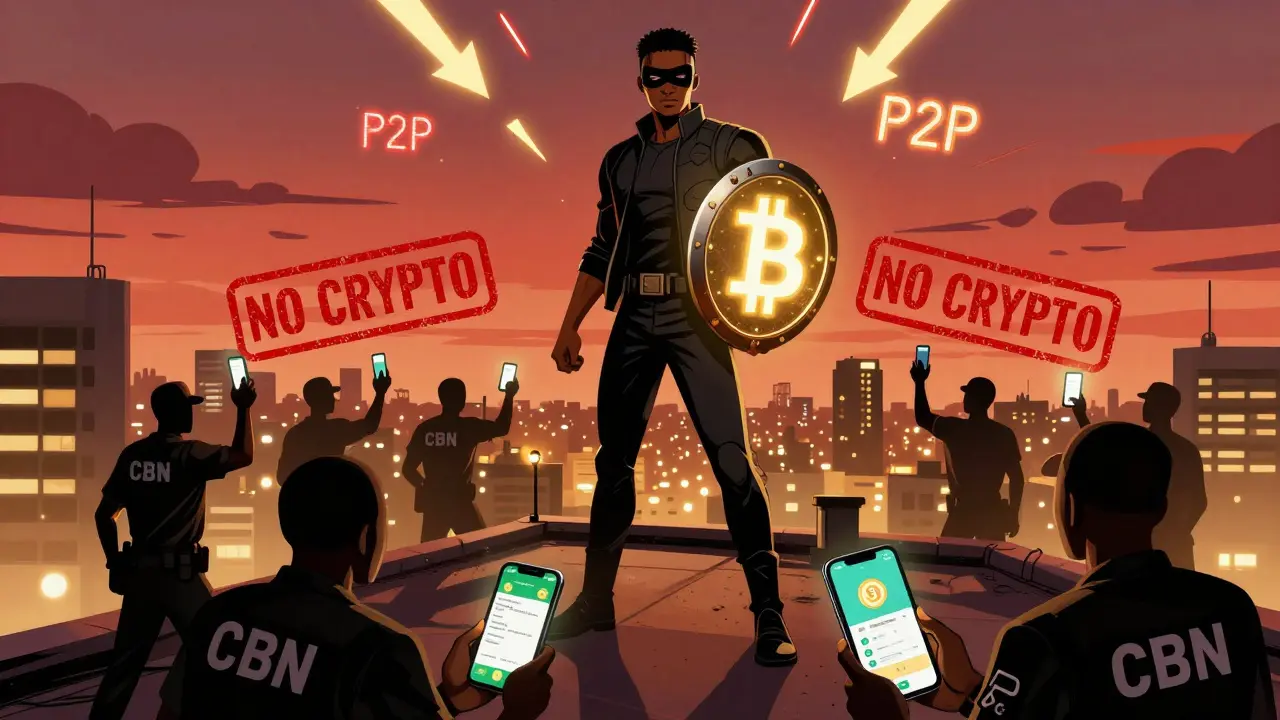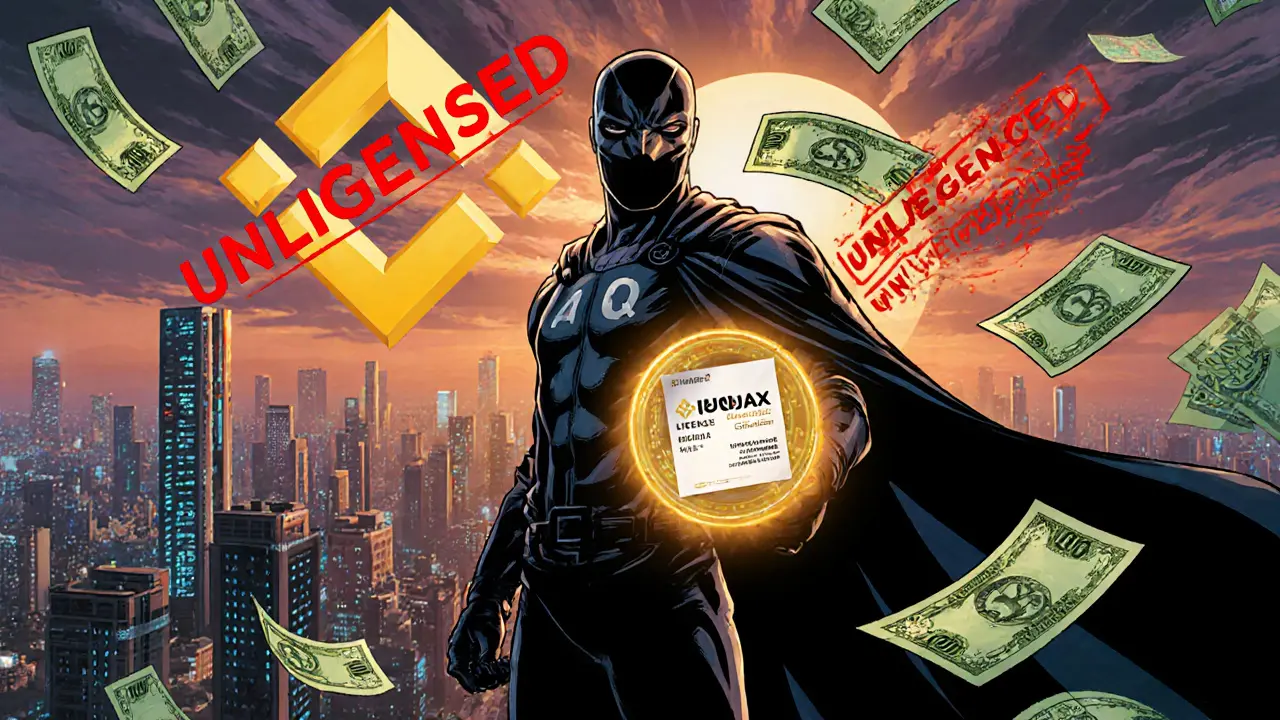When the Nigeria crypto ban, a 2021 Central Bank of Nigeria directive that blocked banks from processing crypto transactions. Also known as CBN crypto restrictions, it was meant to stop what officials called "unregulated financial activity." But instead of killing crypto, it forced traders to get creative. People didn’t stop buying Bitcoin or sending remittances—they just moved offline. P2P platforms like LocalBitcoins and Paxful exploded. Traders started using gift cards, mobile money, and even cash meetups to bypass the rules.
The ban didn’t touch decentralized exchanges or wallets. You could still use Binance, the world’s largest crypto exchange, which remained accessible via VPN and mobile apps just fine. What changed was how money moved in and out. Banks refused to process crypto deposits, so Nigerians turned to P2P crypto, peer-to-peer trading networks where buyers and sellers connect directly without banks. This isn’t just a workaround—it’s now the default method for millions. Even after the ban was officially lifted in 2023, most banks still avoid crypto. The damage was done. Trust didn’t come back.
What you’ll find in these posts isn’t theory. It’s real talk from people who traded through the ban. You’ll see how Nigerians used VPN to access exchanges, how hawala networks, informal value-transfer systems rooted in trust, not banks became crypto lifelines, and why some traders still avoid centralized platforms entirely. There’s no sugarcoating: the ban made crypto riskier, slower, and more expensive. But it also made traders smarter. They learned to spot scams, verify P2P sellers, and use decentralized tools like Miaswap and ioBanker when CEXs felt unsafe. This collection isn’t about politics. It’s about survival. And if you’re trading in Nigeria—or anywhere with financial restrictions—these lessons are yours to use.

Banking restrictions across African nations are forcing millions to use crypto through risky workarounds. While South Africa regulates digital assets, Nigeria and Cameroon block bank access - leaving users with P2P trading and cash deals. Here's how it works in 2025.

Nigeria doesn't ban crypto exchanges outright - it requires them to be licensed. Only Quidax and Busha are officially approved. Binance and others are restricted, not banned. Here's what you need to know in 2025.